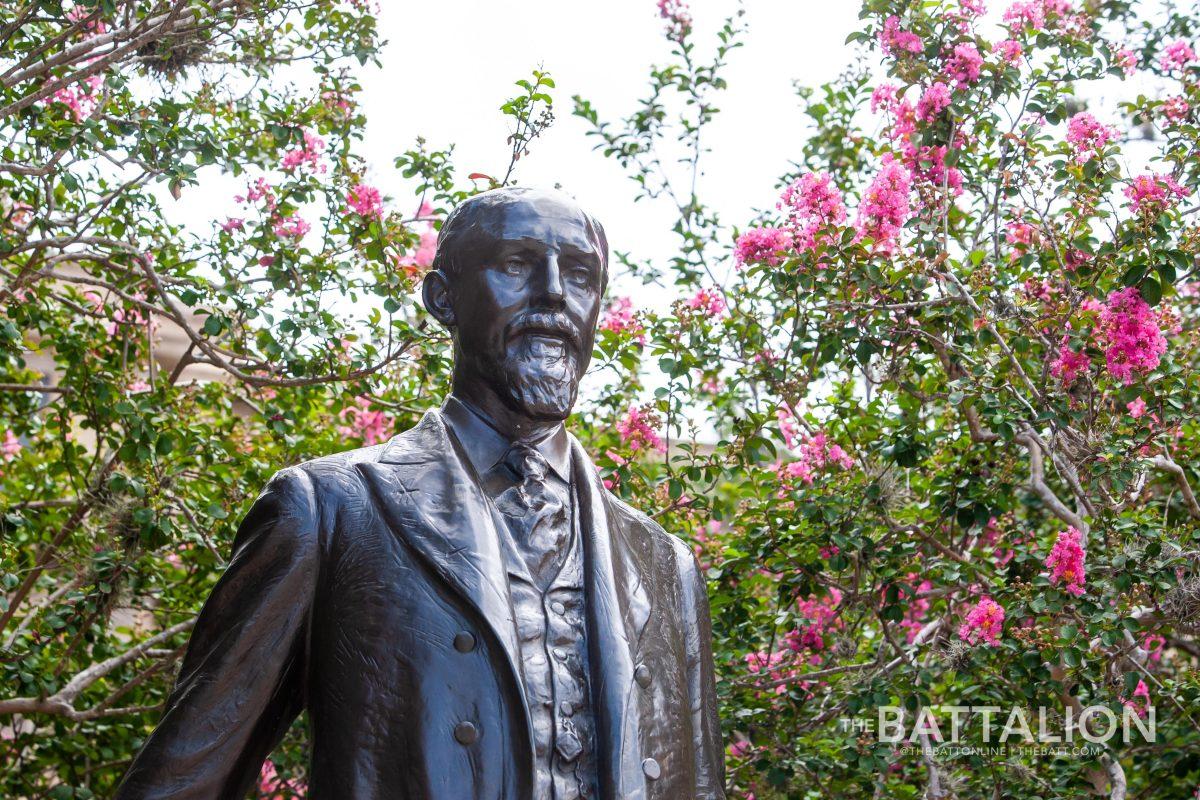In one of my favorite Bible stories, Jesus has a conversation with a Samaritan woman at a well. Normally, this interaction was taboo, since Jesus was a Jew and she was a Samaritan, but Jesus did not care. Instead of refusing to talk with her, like His Jewish peers would have done, He saw her humanity and chose to treat her with a level of respect she herself did not understand. He then stayed in the Samaritan town for two days, teaching a group of people His culture had denounced. During this story, Jesus acts with love despite the cultural norms that separated Him from the Samaritans. He saw their differences as an opportunity to tell them that He loved them and that their needs matter despite where they came from.
We, as Christians, should use this story as inspiration for our actions, not just as a Sunday school lesson to teach the kids. There is a principle established in that story: one that requires us as Christians to love our neighbors through our differences and help them meet their needs. One of the best ways to practice this is to vote, since our elected officials will decide policies that govern the nation. Thus, the way we vote does not just impact our interests, but the rights and needs of our neighbors.
However, because we vote in a heightened partisan-politics era, Americans are left to choose between two parties, Republican or Democrat. Since neither party consistently represents Christian values, our job then becomes to decide which candidate, not party, stands for our values the most.
Although many Christians traditionally vote Republican, conservative candidates, both historically and currently, promote more policies that defy the story described above. Republican policies heavily favor the rich, disproportionately hurt disadvantaged communities, and take stances on immigration that defy the Bible itself.
Instead of relying on the principles established by Christ, Christian conservatives often base their political support on opposition to gay marriage and abortions, but there are many other issues to consider that our faith demands we pay attention to. Jesus himself was a social justice advocate who preached about protecting the poor, the helpless and even foreigners.
Often times, the lessons preached by Jesus are, in some way, encouraged by Democratic candidates. They advocate for improving poverty stricken communities, reforming the prison system, and offering protections to immigrants who are in desperate need of aid.
Political support of a candidate should be based on numerous issues. When Jesus told us to care for our neighbors, He meant the ones around us, as well as the ones we never encounter. This includes the LGBTQ community, immigrants and every color and creed. We must take their interests into consideration if we aim to live the way Christ did.
More often, Democratic candidates’ policies support values advocated by Christ. And so if your faith is a factor on which you vote, I ask you to consider which candidate truly abides most closely by it.
Farren Fontenot is a management senior at Texas A&M.









